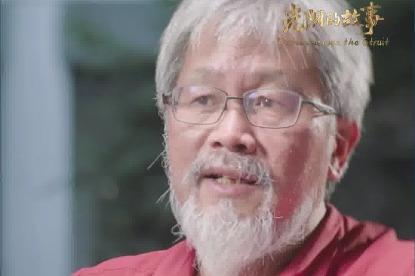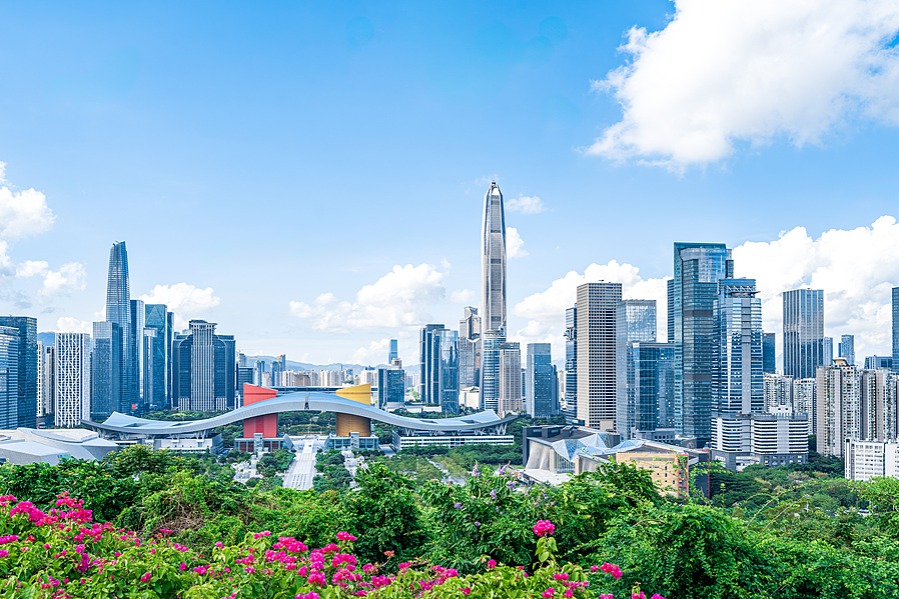China-India relations must move forward, not backward

I have been living in China for 15 years, and every year my love for the country and its people becomes deeper. The clash between Indian and Chinese soldiers on the border last month was not only troubling for people in both countries but also a matter of grave concern for the international community. Why should there be any fight at all? Mahatma Gandhi once said an eye for an eye will make the whole world blind.
The bonding between the two ancient civilizations is centuries old. Despite the mighty Himalayas dividing them, the two Asian giants have been carrying on friendly exchanges for more than 2,000 years, from the time of the ancient Silk Road.
Bodhidharma (Damo), who some sources say was the third son of a king in southern India, traveled to China in the 5th or 6th century to spread the teachings of the Buddha and started the physical training program for monks at Shaolin Temple which eventually developed into Shaolin kung fu.
Before Bodhidharma, Kumarajiva played a key role in spreading Buddhism in China, and inspiring Chinese scholars to study the teachings of Buddha. One such scholar-cum-monk was Faxian, who traveled to India in the first decade of the 5th century in his quest for Buddhist literature.
In the 7th century, Xuanzang, the Buddhist monk, scholar, traveller and translator made his historic journey from China to India. His account of India remains a comprehensive source of history.
In recent history, Dwarkanath S. Kotnis, along with four fellow doctors, came from India to China in 1938 to assist in the War of Resistance Against Japanese Aggression (1931-45). Dr Kotnis sacrificed his life while serving the Chinese army and continues to be revered by the Chinese people.
Even after the 1962 border war, exchanges between the two neighbors continued. Both sides shelved their differences to explore mutually beneficial opportunities in trade, people-to-people exchanges and cooperation in many fields. Since then, peace, stability and friendship have characterized Sino-Indian relations.
Many global experts have described the 21st century as an "Asian Century". This can become a reality only if China and India focus on common interests. Many people in India are influenced by the media which often reflect a Western world view. I hope my Indian brothers and sisters will be discerning, and not get influenced by the media that cater spicy and divisive news, which spreads venom, to gain higher television ratings. Hate-filled news could have devastating impacts on the livelihoods of innumerable families.
Trade and investment between China and India have helped increase employment in both countries. Chinese and Indian businesspeople, traders and workers such as myself are connected with different fields of trade between the two countries. Many manufacturers in China service the demands of the Indian market and numerous Indian businesses have flourished from bilateral trade. A conflict between the two neighbors could fracture this win-win arrangement.
The Sino-Indian trade volume last year was $92 billion, and many expected it to reach $100 billion this year. However, the border clash combined with the COVID-19 epidemic and the call in India to boycott Chinese goods will likely reduce bilateral trade this year. My fellow Indians should know that boycotting Chinese goods is not the solution to their problems; instead, it will worsen the economic situation.
The people of the two countries must support each other. We must prevent Western countries from interfering in bilateral affairs because they could take advantage of geopolitical conflicts in the developing world even though they themselves face the health crisis and other challenges. Going forward, India and China need to work together to bring peace to this turbulent world.
China and India deserve better than strife. The bilateral decision to disengage at the border is a big relief. Hopefully, the leaders of the two countries will continue the meaningful cooperation based on friendship, mutual trust and mutual benefit. As Sun Weidong, the Chinese ambassador to India, said, China and India need to be partners and not rivals, need peace rather than confrontation, need to pursue win-win cooperation instead of a zero-sum game, need to build trust rather than suspicion, and bilateral relations should move forward rather than backward.
As we enter a new era of Sino-Indian relations, a path toward global peace, stability and prosperity beckons. As the Buddha said, "If you light a lamp for someone else, it will also brighten your path."
The writer is a movie actor, restaurant chain owner and a volunteer of 51give, a Beijing-based charity.
Today's Top News
- China files fresh protest with Japan over PM's remarks
- Scholar clears misconception of Taiwan under Japanese rule
- Xi urges breaking new ground in advancing rule of law in China
- Dutch govt urged to mend chip dispute
- Macao's heritage sites hold special appeal for games
- China tackles N2O emissions, leading change






























